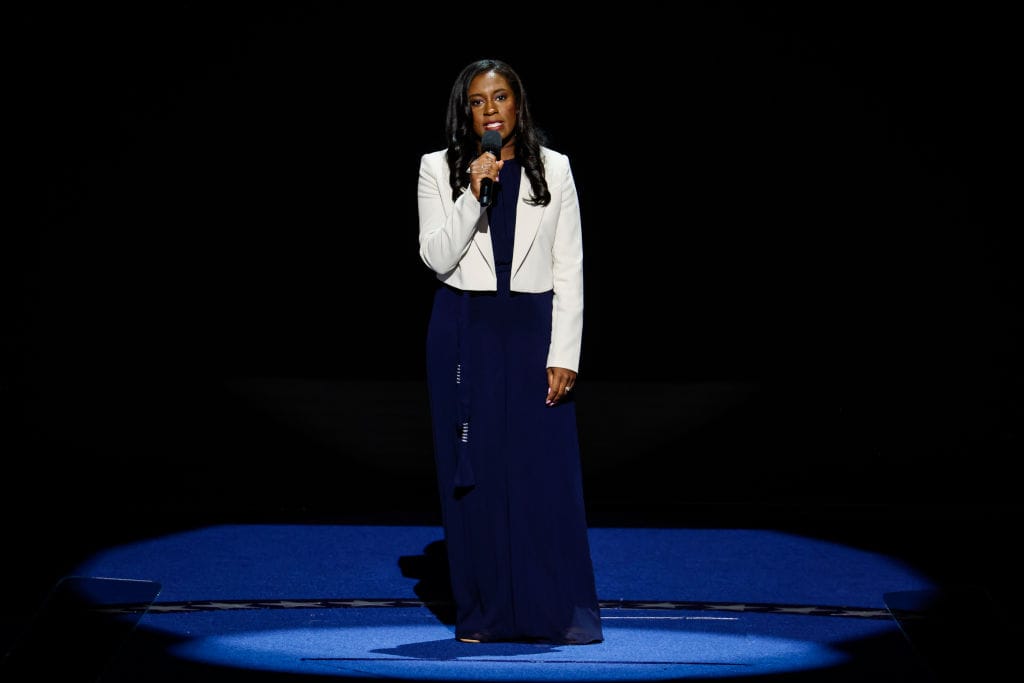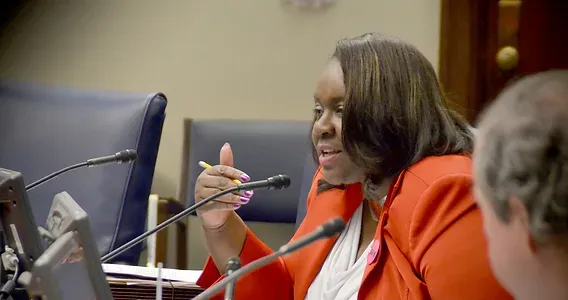Baton Rouge Woman Shares Harrowing Story of Denied Miscarriage Care After Louisiana Abortion Ban

BATON ROUGE, La. — Kaitlyn Joshua, a Baton Rouge resident, stood before a national audience at the Democratic National Convention on Monday night, sharing a deeply personal and painful story about the consequences of Louisiana’s restrictive abortion law.
Joshua described how, after suffering a miscarriage 11 weeks into her pregnancy, she was refused treatment by two emergency rooms. The reason: Louisiana’s strict abortion ban, was enacted following the U.S. Supreme Court's overturning of Roe v. Wade in 2022. Doctors, fearing criminal prosecution under the state’s ambiguous law, turned her away.
“I was in pain, bleeding so much that my husband feared for my life,” Joshua said, her voice shaking as she recounted her experience. “No woman should have to endure what I went through.”
Louisiana’s law allows for abortion only when the pregnant person’s life is in jeopardy or there is a risk of permanent damage to a vital organ. However, Joshua explained that many doctors remain uncertain about when they can intervene without facing legal consequences. This uncertainty, she said, leaves women like her in vulnerable positions during medical emergencies.
Joshua revealed that she was unable to receive prenatal care during her first trimester. Her doctor attributed the delay to the state’s abortion ban, which has created fear and confusion among medical professionals. The same medication used to manage miscarriages is also used for abortions, further complicating access to care as some healthcare providers fear being penalized for administering it, even when medically necessary.
Joshua’s story has resonated with many across the country as a stark example of the unintended consequences of restrictive abortion laws. Her voice at the convention was a powerful reminder of the real-life implications these laws have on women’s health and safety.
“I hope no woman ever has to go through what I did,” Joshua said, urging for clarity in state laws and access to critical reproductive health care. Her call for action echoed through the convention hall, amplifying the voices of those affected by similar circumstances in Louisiana and beyond.





